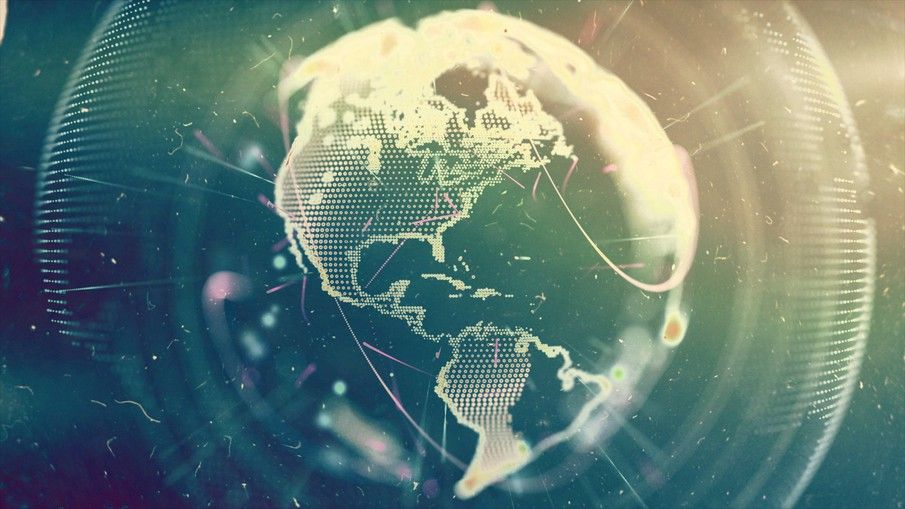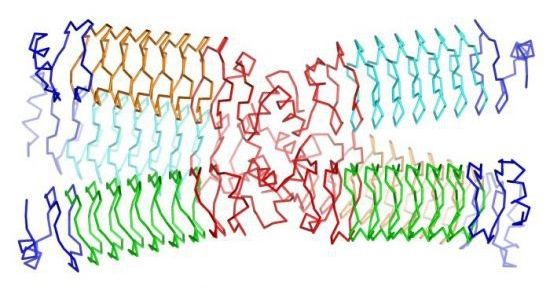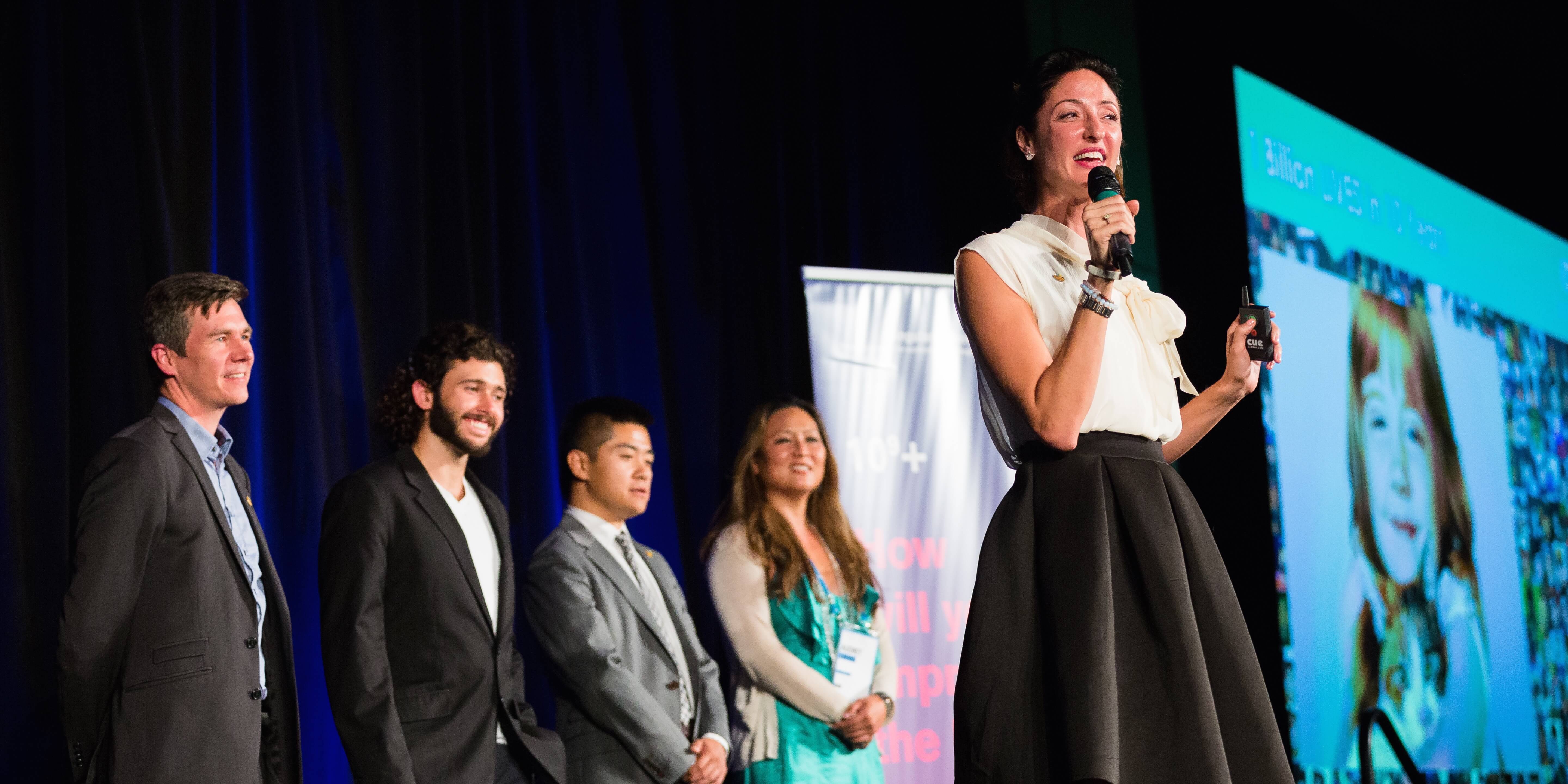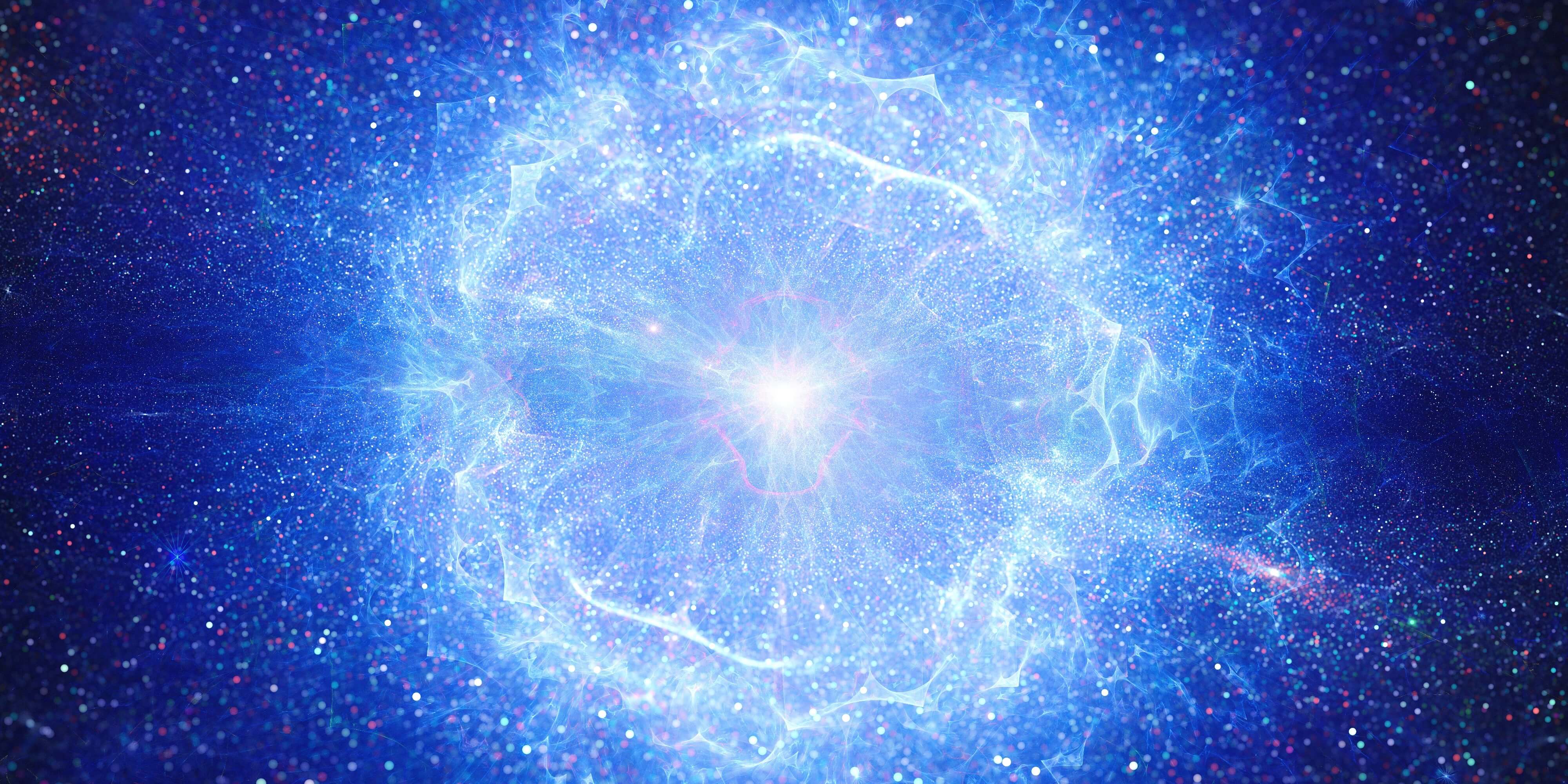I HIGHLY recommend reading this novel, as well as it sequels! It’s a beautiful, smart, and occasionally frightening exploration of what our civilization will look like post singularity, what WE will look like as posthumans, and where we might go from there.
The Golden Age is Grand Space Opera, a large-scale SF adventure novel in the tradition of A. E. Van vogt and Roger Zelazny, with perhaps a bit of Cordwainer Smith enriching the style. It is an astounding story of super science, a thrilling wonder story that recaptures the excitements of SF’s golden age writers.
The Golden Age takes place 10,000 years in the future in our solar system, an interplanetary utopian society filled with immortal humans. Within the frame of a traditional tale-the one rebel who is unhappy in utopia-Wright spins an elaborate plot web filled with suspense and passion.
Phaethon, of Radamanthus House, is attending a glorious party at his family mansion to celebrate the thousand-year anniversary of the High Transcendence. There he meets first an old man who accuses him of being an impostor and then a being from Neptune who claims to be an old friend. The Neptunian tells him that essential parts of his memory were removed and stored by the very government that Phaethon believes to be wholly honorable. It shakes his faith. He is an exile from himself.








